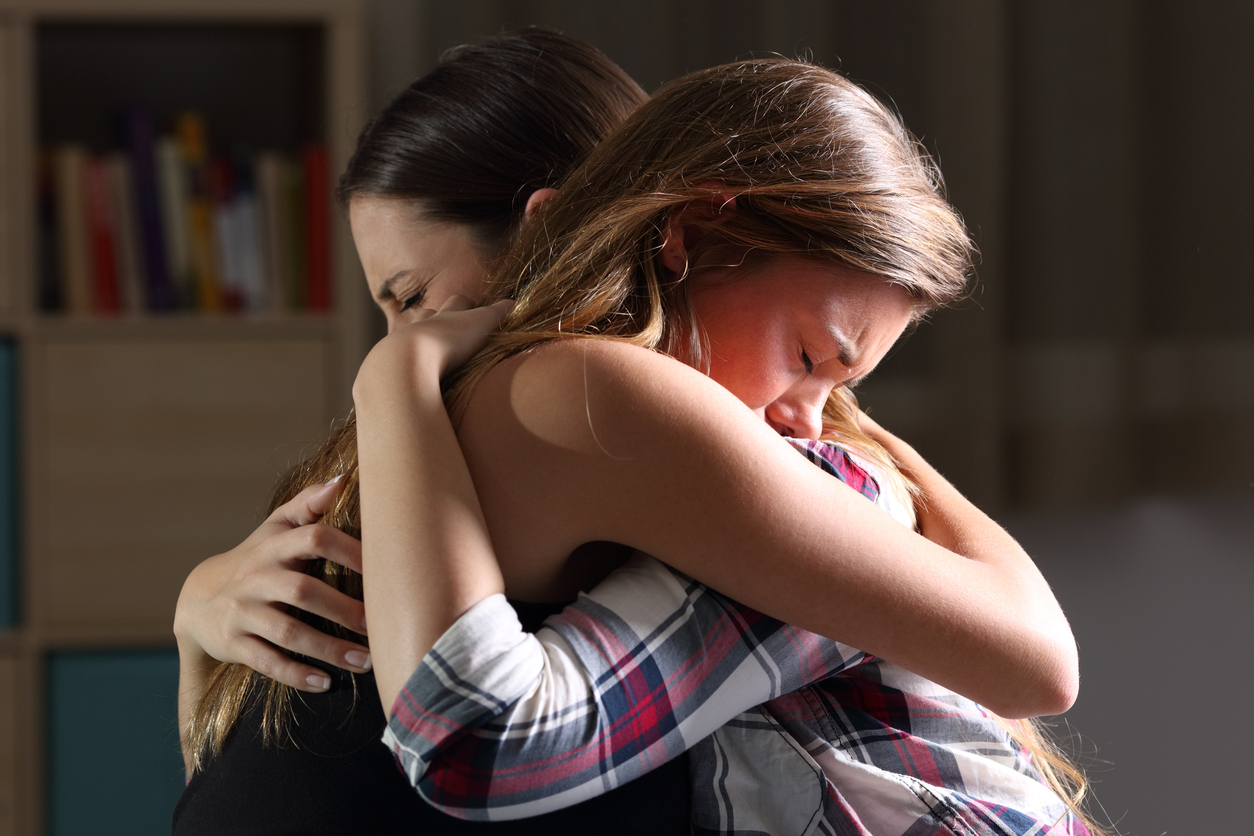Arons & Solomon Divorce Lawyers | February 22, 2023 | Child Custody In Bergen County, NJ

Tragically, some children lose their parents at a young age. Growing up without both parents can be traumatic. The courts want to ensure that the child has a stable home and the care needed to help them through this traumatic time in their life.
For that reason, the surviving parent generally assumes sole custody of the child. There is a presumption that it is in the best interest of the child to be with a biological parent instead of with a guardian or in a foster home. The child remains in a home they are familiar with instead of being placed in a strange place.
However, what happens if the surviving parent is unfit, unable, or unwilling to have child custody? How does the court decide who receives custody of the child after the custodial parent or guardian dies?
A Rebuttable Presumption That the Surviving Parent Assumes Custody
The presumption that the surviving parent assumes custody after a custodial parent dies can be rebutted. A grandparent, adult sibling, or another relative or third party can petition the court for custody.
If the petitioning party can show that the biological parent is guilty of gross misconduct, neglect, or unfitness, the court can grant custody to another person. The court can also deny custody to the surviving biological parent if it finds that exceptional circumstances affecting the child’s welfare warrant placing the child with another party.
If the court grants custody of the child to another family member or guardian, the court will establish a visitation or time-sharing schedule. However, the judge could restrict or deny visitation if contact with the biological parent would be detrimental to the child.
How To Petition the Court for Child Custody After a Parent or Guardian Dies in New Jersey
The first step is to hire an experienced Bergen County child custody lawyer. If the child is in immediate danger, you might need to file for an emergency child custody hearing.
Proving that the biological parent should not have custody of their child can be challenging. You have the burden of proving that it is in the child’s best interest not to be with their surviving parent.
New Jersey decides child custody cases based on what is in the best interest of the child. Judges can consider any factor relevant to the child’s best interest.
Examples of factors judges in New Jersey use to determine the best interest of the child include, but are not limited to:
- The fitness of the parent or proposed legal guardian
- The parent or guardian’s willingness and ability to care for the child and provide a stable, safe environment for the child
- The continuity and quality of the child’s education
- The child’s preference, if the child is mature enough to state a reasonable preference
- The child’s needs
- The ability of a guardian to promote a continuing relationship between the child and surviving parent, if the parent is fit to have visitation and contact with the child
- Allegations of domestic violence or child abuse
- The relationship of the child with the parent, proposed guardian, siblings, and other family members in the home
Removing a child from the surviving biological parent is challenging. The presumption is that the parent is the best person to have custody of the child. You need strong evidence disproving this presumption to gain custody of a child after the death of a parent or legal guardian.
What Types of Custody Can a Court Grant After the Death of a Parent?
Legal custody gives a parent or guardian the authority to make decisions for the child. Physical custody refers to where the child lives and who takes care of the child on a day-to-day basis. The court can grant sole legal and physical custody to a surviving parent or third party.
Suppose the court decides that the child’s best interests would be met by giving custody to a family member or guardian. In that case, the court may include a visitation schedule in the custody order. The judge might also order the parent to pay child support to the guardian based on the New Jersey child support guidelines.
Protecting a Child’s Best Interests After the Death of a Parent or Legal Guardian in Hackensack, New Jersey
The best way to protect a child is to seek legal advice from an experienced Bergen County child custody attorney. A lawyer will explain your legal options for gaining or retaining custody. A child custody case can be a heated battle, so you want a skilled, aggressive legal advocate on your side.
Contact the Bergen County Family and Divorce Law Firm of Arons & Solomon Divorce Lawyers for more help
Contact the experienced family attorneys at Arons & Solomon Divorce Lawyers today for legal assistance. Visit our law office in Bergen County or give us a call at (201) 487-1199 to schedule a free consultation with our team.
Bergen County Law Office
1 University Plaza Dr #400, Hackensack, NJ 07601, United States
